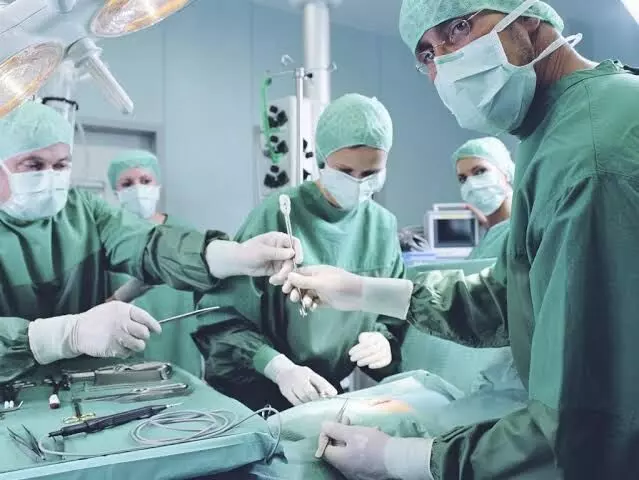
Pig's kidney used successfully in experimental human organ transplant for the first time
text_fieldsNew York: Scientists at the NYU Langone Health institute have managed to successfully attach a genetically modified pig's kidney to a human system for a period of time without rejection. The operation signifies a huge step forward in the field of 'xenotransplants' which use animal organs to overcome massive shortages in organs needed for human patients.
The experiment was conducted on a deceased woman whose family allowed her body to be kept at a minimal function on a ventilator to test its reaction to the kidney transplant. The woman had wished to donate her organs but was unable to and so the family decided to make the contribution to medical science.
Surgeons attached the pig kidney to a pair of large blood vessels outside the body of a deceased recipient so they could observe it for two days. The kidney did what it was supposed to do — filter waste and produce urine — and didn't trigger rejection.
The kidney was taken from a pig genetically modified to be compatible with humans. Normally, pigs produce a particular sugar called alpha-gal that triggers an immediate immune response in humans. The pig used in the experiment was raised and bred by Revivicor, a subsidiary of United Therapeutics, in a herd of 100 raised in tightly controlled conditions at a facility in Iowa.
In December, the Food and Drug Administration approved the gene alteration in the Revivicor pigs as safe for human food consumption and medicine. Scientists hoe that since pigs are already being raised for food and have relatively short growth and maturation periods, their organs will be used to bridge the deficit of organs needed for transplant patients who are often left on waiting lists.
























